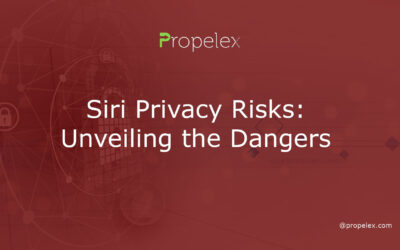If you’re like most people, you have probably heard about the threats of cybercrime to your computer’s security. You might even know that it’s possible to buying initial access to compromised networks to steal credit card information or encrypt your private documents. While this may seem like a very invasive way to gain access to someone’s files, there are steps you can take to avoid it.
Malware-as-a-service fuels a booming underground cybercrime economy
The cybercrime economy is a lucrative business. It provides tools and services that can use to commit any kind of crime. These products can buy by consumers and distributed to other criminals. They range from crimeware, data dumps, illegal drugs, and tools for cracking EMV chip cards.
Malware-as-a-service (MaaS) is a platform that allows cybercriminals to lease out ransomware. This eliminates the need to maintain attack infrastructure. The service can use to target a single company or a large organization. Using a malware-as-a-service model allows criminals to make more money than they could without the use of such services.
The cybercrime economy is a rapidly growing services market. Cybercriminals offer a variety of services, including phishing campaigns, technical support, product development, and quality assurance. They also sell stolen bank account details, robbing military secrets, and even renewable energy innovations.
Cybercriminals rely on their own ‘in-house’ malware
Ransomware is a form of malicious software that encrypts a computer or network. The perpetrator requires the victim to pay a sum of money to unlock their files. This type of malware is becoming more prevalent. In recent years, a variety of payment methods have emerged. Some even designed to hide payments from authorities.
A common method used by bad actors is to install a virus or worm on a laptop or other device. Once installed, the threat can do anything, from sending spam to crashing a system.
Another popular tactic is to use an email attachment to infect a user. The attachment can be a legitimate email or it can contain malicious code.
Lastly, there are several ways to prevent ransomware. For starters, ensure that your computers regularly updated and patched. This includes updating all software and operating systems. It’s also a good idea to ensure that your passwords are secure.
Cybercriminals don’t list their “accesses” for sale on cybercrime forums
Cybercriminals are not just hackers; they are real people with real world problems. They may use deception, violence, and operational security to accomplish their goals. Some use a clever spoof of a legitimate e-mail to re-direct work e-mails.
Several organizations have hit in recent months by ransomware. Some cybercriminals even rake in money by selling illicit drugs. However, there are also many professional criminals who are going deeper underground. They are acquiring specialized skills and using the power of networking to further their operations.
For example, a Russian-speaking cybercriminal has been active on a dozen of the top Russian-language cybercrime forums for 15 years. He’s been looking for experienced pentesters to hire. He even advertises hiring someone with knowledge of a popular pentesting tool, the Cobalt Strike.
Cybercriminals pay a percentage of the ransom if an attack is successful
Ransomware is a type of malware which encrypts important files on infected computers. Once the files encrypted, they cannot access. They can only restore if a victim pays a fee to the cybercriminal.
The FBI’s Internet Crime Report (IC3) lists 3,700 reported ransomware incidents in 2021. Most of the attacks involve businesses. The most common targets include IT, the financial services industry, and manufacturing. In some cases, a government, healthcare, or educational organization also targeted.
Most businesses experience a significant loss from a data breach. In the United States, the average cost of a data breach rose from $3.86 million in 2020 to $4.24 million in 2021. The FBI estimates that there will be more than $265 billion in losses caused by ransomware by 2031.
Cybercriminals don’t monitor and prevent illegitimate access to their networks
Cybercrime is a global problem. It affects businesses, governments, individuals and even the Internet itself. It can cause identity theft, data breaches, and even suspicious charges on credit cards. In addition, it can also be very difficult to stop. But by understanding how it works, you can better defend yourself against it.
There are several different kinds of cyber crime, including online fraud, identity theft, cryptojacking, phishing, hacking, and malware. Some of the more notable examples include exploit kits, ransomware, phishing, and email fraud. Each type of cybercrime has its own strengths and weaknesses.
Cyber criminals have become a significant threat to the financial, legal, and societal well-being of the modern world. They range from individual hackers to state-sponsored groups. They often use computer networks to store or communicate information, perform transactions, and steal assets.









